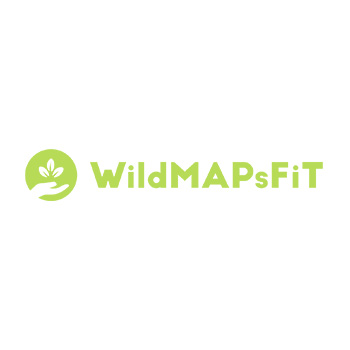Wild MAPs FiT

European Medicinal and Aromatic Plant (MAP) Farming, Processing and Training Alliance
KA2 - Cooperation for innovation and the exchange of good practices | Strategic Partnerships for vocational education and training
2020-1-EL01-KA202-079069-1
09/2020 - 08/2022 (24 months)
261.983 €
Greece, Spain, Ireland, Turkey, Italy
Visit the Project's Website
Follow the project on Social Media
Wild MAPs FiT
The challenges associated with the wild harvest, post-harvest handling, conservation and quality of indigenous medicinal and aromatic plants (MAPs) and their role in the botanical
sector are well established; they relate to lack of specific skills, unsustainable harvest, an aging farmer population and in some cases significant risk aversion. The wild harvest of
various medicinal and aromatic plant populations provides the raw materials for the development of plant-based pharmaceuticals and herbal products in both traditional and modern healthcare systems. Conservation of medicinal and aromatic plants can play an important role in contributing to the livelihoods of smallscale farmers and others in rural, peri-urban and urban communities. The potential gain environmentally and economically across the target sector is enormous and training as well as technology adoption can provide improved, efficient, sustainable harvest, postharvest handling and strengthen rural livelihood opportunities.
Hence, the project aspires to support the development of sustainable management strategies of wild harvests as well as easy-to-use post-harvest handling practices for various indigenous medicinal and aromatic plant species at local and regional food systems and enable very small farmers, wild herb collectors and rural entrepreneurs who simply lack the legal basis for direct sales of processed products to enhance their income. To achieve this, the project will link scientists with theoretical and methodological expertise with practitioners and stakeholders knowledgeable about the medicinal plant production value chain. Medicinal Aromatic Plants (MAPs) can play an important role in contributing to the livelihoods of small-scale farmers and others in rural, peri-urban and urban communities (MAPs) can help small-scale farmers to strengthen their livelihoods directly through income generation from their trade as well as health care provision.
Objectives of the project
Achieve a highly trained and technology-ready workforce in the botanical sector. By creating tailored innovative training materials, the project aims to upskill the MAPs collectors and processors promoting a highly trained and technology-ready workforce in the botanical sector.
Validate skills and qualifications of Wild MAPs professionals with a complete Certification Scheme. To ensure the validation of skills and qualifications of Wild MAPs collectors and producers, the project will create the first AgroCertification (AgroCert), and an assessment methodology, adding a new high value for the agricultural sector. This will also enhance the value of the final product, certifying the sustainability of the whole process (from collection to production) of Wild MAP.
Promote sustainable methods and new income methods. Each project task is aligned with promoting sustainable practices in the Wild MAPs sector and enhance the welfare of local and regional professionals and their communities in the long term. To achieve this, we will analyze the current behaviours and expectations of individual Wild MAPs professionals, the skills and competencies emerging from a more sustainable approach, as well as market and legislative analysis of Wild MAP collection and production.
Digital innovation to achieve more sustainable processes in the botanical sector. The project team will develop a GIS-enabled tool for the identification and geographical allocation of climatic and ecological Data associated with target MAPs. This tool aims to foster sustainability by providing accurate real-time information about Wild MAPs in local areas, enabling a mechanism to “teach” collectors how and when to collect, to work in a more sustainable way. This GIS tool will be designed as a user-friendly web app, facilitating easy and open access to any stakeholder.
Boost the local development of the MAP sector and engage stakeholders. The project aims to activate the local and regional communities involved or interested in the Wild MAPs sector, creating the right conditions for it. Building Wild MAP communities, engaging and enriching actions, as well as a continuous interaction flow will allow creating the path to Wild MAPs local development.
Ensure knowledge transfer to the sector and to new initiatives. We will generate concrete actions for knowledge transfer, such as workshops, training, and peer-to-peer learning for wild herb collectors and rural entrepreneurs. Facilitate project methodologies transfer to other agriculture sectors (e.g., mushroom cultivation) is a cut-crossing issue for each activity, result and output of the project.
Expected Main Results
The results described below derive from all project activities.
- 2 state of the art training Curricula (1 for Wild MAP collectors/1 for Wild MAP processors)
- An online training material with OER and integrated into an interactive mobile application (Audiovisual/educational videos) so as farmers and individual to be trained in Wild MAPS
- Creation of a completed Certification Scheme
- Introduction of sustainable methods for the transform and processing of Wild MAPS and creation of new incomes methods
- Creation of the innovative GIS-tool
Project Activities
IO1: Training Needs Analysis for Sustainable Wild MAP Collectors
IO2: OERs for sustainable Wild MAP Collection (incl. Pharmaceutical Herbs Training
Kit)
IO3: AgroCert For Wild MAP Collectors
IO4: Development of GIS-Enabled tool for the Identification and Geotagging of Ecological Data
IO5: Pilot Implementation


